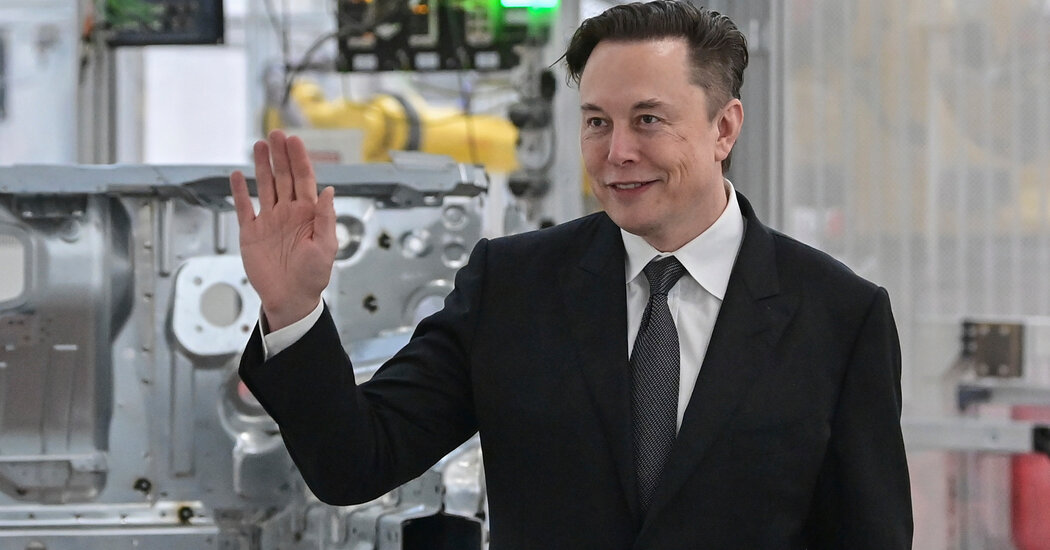Twitter and Mr. Musk have teamed up so far to close the deal, one knowledgeable person said, though those dynamics could change quickly.
How Elon Musk’s Twitter Deal Unfolded
A blockbuster deal. Elon Musk, the world’s richest man, put an end to what seemed an unlikely attempt by the famed mercurial billionaire to buy Twitter for about $44 billion. Here’s how the deal unfolded:
Mr. Musk’s hand may be strengthened by the uncertainty his bid has created within Twitter, which could potentially make it more difficult for the company to move forward independently. The company has struggled to add users and generate more revenue, and on Thursday, Mr Agrawal fired two top executives, stopped new hires and pledged to cut spending.
In his tweets on Friday, Mr Agrawal said he was making changes because the deal with Mr Musk was not an “excuse for avoiding important decisions for the health of the company”. He added that Twitter was part of an industry that was “now in a very challenging macro environment”.
Mr. Musk has pledged to use his personal fortune to fund the deal for Twitter, a plan that was impacted by a recent drop in stock prices, including Tesla’s. Tesla stock has fallen nearly 30 percent in the past month. Mr. Musk is selling both Tesla stock and them as collateral for personal loans to raise money.
If a deal were to be struck, business challenges on Twitter could force Mr. Musk to draw further on his Tesla stock to plug potential financial gaps. And any problem at Tesla that caused its stock to fall far enough could lead to clauses in Mr. Musk’s personal loans that would require him to add more collateral, limiting his ability to invest in Twitter.
Tesla stock rose Friday after Mr. Musk’s comments.
The swings in Twitter and Tesla stocks that followed Mr. Musk’s tweets could be viewed critically. The Securities and Exchange Commission accused Mr. Musk of securities fraud in 2018 after he falsely tweeted that he had received financing to take Tesla private, pushing the automaker’s shares up 6 percent. Mr. Musk and Tesla were fined $40 million for the tweet. Mr. Musk has been sued over the tweet.
“If I were his attorney, I’d be spending all morning trying to figure out the implications of this under federal security law,” said Marc Leaf, a Faegre Drinker associate and former attorney with the Securities and Exchange Commission.

